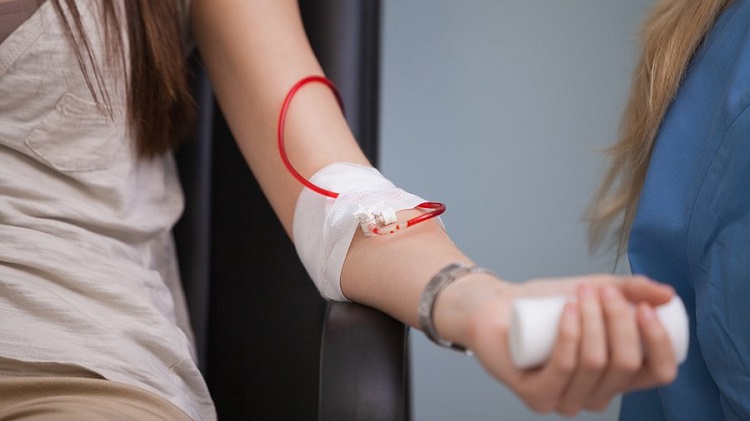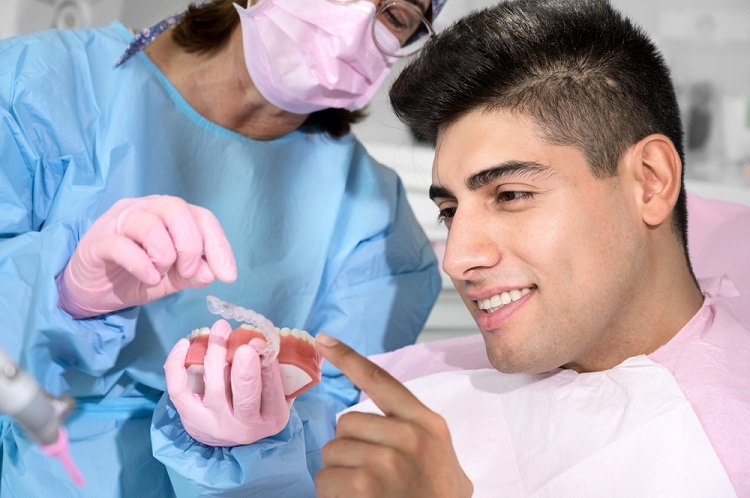Cataract surgery is a popular procedure, with about three million Americans receiving the treatment yearly. The safe and effective treatment aims at preserving your vision when you have a cataract causing blurred vision. Dr. Russell Levine New York, cataract surgery specialist, offers the procedure to replace the cloudy lens with a brand new clear one. Although the procedure has been tested and approved to be safe, complications can still arise. But preparing correctly for the surgery can help you avoid later complications and ensure your procedure is successful. Here is what you can do to improve the success of your cataract surgery.
Table of Contents
Undergo Pre-Procedure Tests
Before scheduling your cataract surgery appointment, you must undergo tests to measure your eye. Once you are confident that cataract (s) is to blame for your eye complication, you must undergo additional testing about a week before your surgery. Generally, your doctor will perform an ultrasound to measure the shape and size of your eye to determine the correct size and shape of the lenses to be implanted. Also, your provider can employ the keratometry technique to measure the curve of your cornea.
Stop Taking Specific Medications
Some medications can increase the risk of complications like bleeding during surgery. Therefore, your doctor will evaluate your current medications and treatment regime to advise you accordingly. Any prescription or over-the-counter drugs that can increase bleeding during cataract surgery should be stopped at least 24 hours before your appointment. All blood-thinning medications, some painkillers, and anti-inflammatory medications like ibuprofen, aspirin, and naproxen should be temporarily stopped. Also, herbal supplements like garlic pills, Ginkgo Biloba, and Asian ginseng should be discontinued for a few days.
Use Antibiotic Eye Drops
Your body’s immune system will be weakened or overworked after cataract surgery, which increases the chances of developing an infection. Therefore, your doctor can recommend taking preventative measures by using antibiotic eye drops for several days before surgery. The drops will significantly minimize the risk of a bacterial infection. You are to add a few drops to every eye, even if only one eye is affected, about three times a day. If you are allergic to the drops, consider other alternative ways of killing bacteria, like using a saline solution.
Fast Before Surgery
This is a standard recommendation for almost every surgery where you should not eat or drink for about twelve hours before your surgery. Remember that general or local anesthesia will be used, which is commonly known to cause nausea. You will be lying on your back during the operation, and vomiting in that position is dangerous as it can cause choking. You might take little water but nothing more. But you should also carefully choose your last meal before surgery to avoid the risks of pain, burn, and ingestion. Generally, avoid spicy, fatty, and fried foods.
Arrive Early for Your Surgery
You must schedule your cataract surgery early in the morning when your mind is fresh and you are in high energy. This will make fighting anxiety and your fears about the surgery easier. You will also not have to wait long in the waiting room, which can escalate your nervousness. Also, remember that you should not eat something at least 12 hours before your appointment, and having your treatment in the morning ensures you don’t get too hungry.
If you have difficulties driving, reading, or seeing objects at a distance and think you can gain from cataract surgery, get in touch with the cataract surgeon at Russel Levine, MD. Make a call or schedule your appointment online to discuss if you are a good candidate for the treatment.










Comments